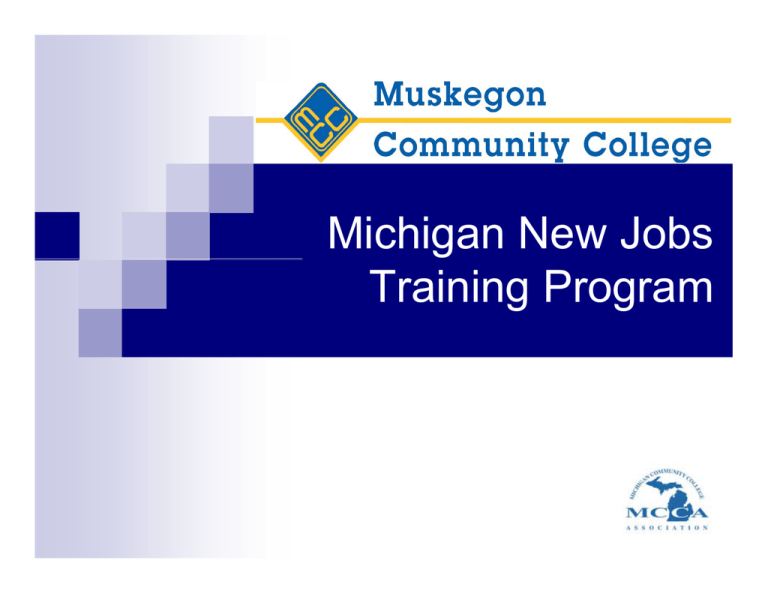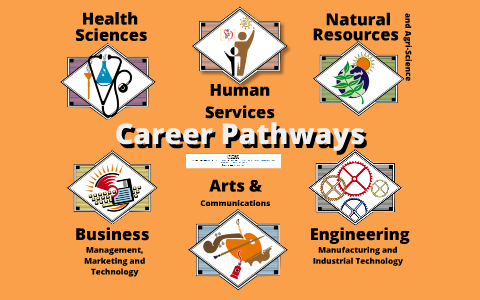25, Nov 2023
Career Training Programs In Michigan: A Comprehensive Guide
Career Training Programs in Michigan: A Comprehensive Guide
Related Articles: Career Training Programs in Michigan: A Comprehensive Guide
- World Beach Games 2025: A Showcase Of Coastal Sports And Culture
- Quote Of The Day 2025: A Humorous Glimpse Into The Future
- 2025 Toyota Camry: A Vision Of Automotive Excellence
- When Will Ramadan Start In 2030? A Comprehensive Guide
- Halloween Countdown 2025: A Chilling Journey To The Spookiest Night Of The Year
Introduction
In this auspicious occasion, we are delighted to delve into the intriguing topic related to Career Training Programs in Michigan: A Comprehensive Guide. Let’s weave interesting information and offer fresh perspectives to the readers.
Table of Content
Video about Career Training Programs in Michigan: A Comprehensive Guide
Career Training Programs in Michigan: A Comprehensive Guide

Michigan, renowned for its thriving automotive and manufacturing industries, offers a diverse range of career training programs tailored to meet the evolving needs of the state’s workforce. These programs provide individuals with the skills and knowledge necessary to succeed in high-demand fields, empowering them to pursue rewarding and fulfilling careers.
Types of Career Training Programs in Michigan
Career training programs in Michigan encompass a wide spectrum of disciplines, including:
- Apprenticeships: Structured programs that combine on-the-job training with classroom instruction, allowing individuals to earn a journeyman’s license in a skilled trade.
- Associate’s Degrees: Two-year programs that provide a foundation in a specific field of study, such as nursing, engineering technology, or business administration.
- Certificates: Short-term programs that focus on developing specific skills or knowledge in a particular area, such as welding, computer programming, or healthcare administration.
- Bootcamps: Intensive, short-duration programs that immerse individuals in a specific technology or skill, such as coding, data analytics, or digital marketing.
- Online Learning: Programs that offer flexible and convenient options for individuals to learn at their own pace and schedule.
Benefits of Career Training Programs
Career training programs offer numerous advantages for individuals seeking to advance their careers:
- Increased Job Opportunities: Completing a career training program can significantly enhance an individual’s employability and open doors to new job opportunities.
- Higher Earning Potential: Individuals with specialized skills and training typically earn higher salaries than those without formal credentials.
- Career Advancement: Career training programs provide a pathway for individuals to progress in their current careers or transition to new fields.
- Skill Development: These programs equip individuals with the necessary skills and knowledge to perform specific tasks and excel in their chosen field.
- Flexibility: Many career training programs offer flexible schedules and part-time options to accommodate the needs of working adults.
Choosing the Right Career Training Program
Selecting the right career training program is crucial to maximizing its benefits. Individuals should consider the following factors:
- Career Goals: Identify the specific field or industry they want to pursue.
- Skills and Interests: Assess their existing skills and interests to choose a program that aligns with their strengths.
- Job Market: Research the job market in their desired field to determine the demand for specific skills and credentials.
- Program Reputation: Evaluate the reputation and accreditation of the training provider.
- Cost and Duration: Consider the financial investment and time commitment required for the program.
Funding Options for Career Training Programs
To make career training programs more accessible, Michigan offers various funding options:
- Michigan Reconnect: A state program that provides tuition-free associate’s degrees or skilled trades certificates to eligible residents over the age of 25.
- Michigan Works!: A network of local workforce development agencies that offer job training and employment assistance programs.
- Federal Pell Grants: Financial aid for low-income students pursuing postsecondary education.
- Employer-Sponsored Training: Some employers may offer tuition assistance or training programs for their employees.
Career Training Programs in High-Demand Fields
Michigan’s career training programs are particularly focused on preparing individuals for high-demand fields in the state, including:
- Advanced Manufacturing: Programs that train individuals in computer-aided design (CAD), robotics, and other advanced manufacturing technologies.
- Healthcare: Programs that provide training in nursing, medical assisting, and other healthcare professions.
- Information Technology: Programs that teach coding, data analysis, and other in-demand IT skills.
- Construction: Programs that train individuals in carpentry, electrical work, and other construction trades.
- Business and Finance: Programs that provide training in accounting, finance, and other business-related fields.
Conclusion
Career training programs in Michigan play a vital role in developing a skilled workforce and meeting the needs of the state’s economy. By providing individuals with the necessary skills and knowledge, these programs empower them to pursue rewarding careers and contribute to the growth and prosperity of Michigan. With a wide range of programs available, flexible funding options, and a focus on high-demand fields, Michigan is an ideal destination for individuals seeking to enhance their career prospects and secure a brighter future.








Closure
Thus, we hope this article has provided valuable insights into Career Training Programs in Michigan: A Comprehensive Guide. We appreciate your attention to our article. See you in our next article!
- 0
- By admin